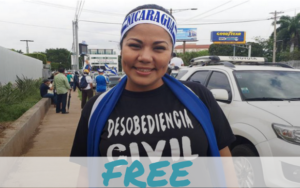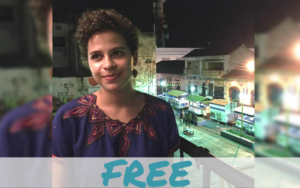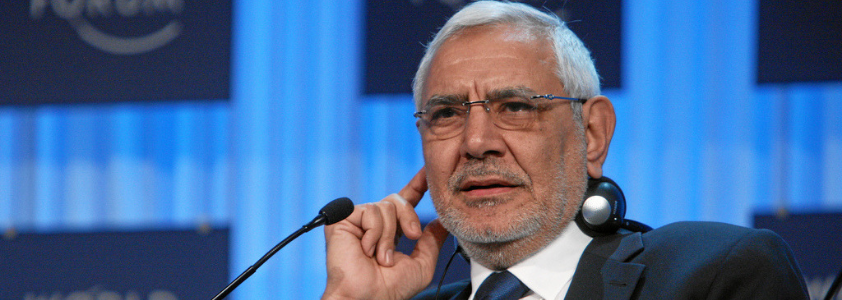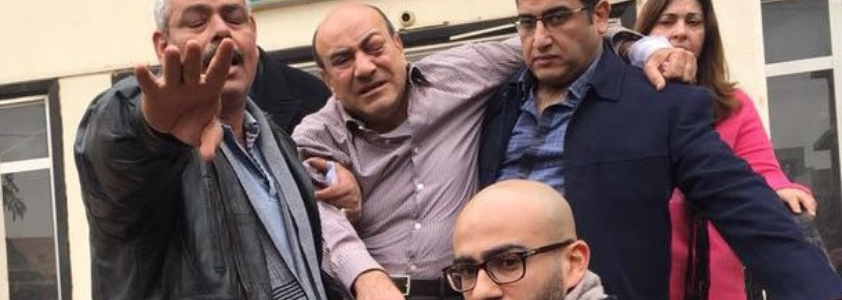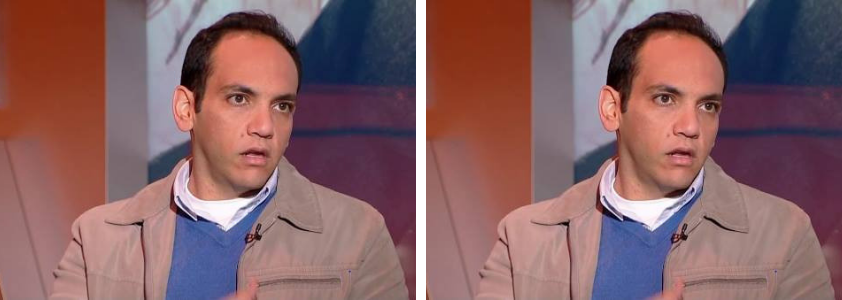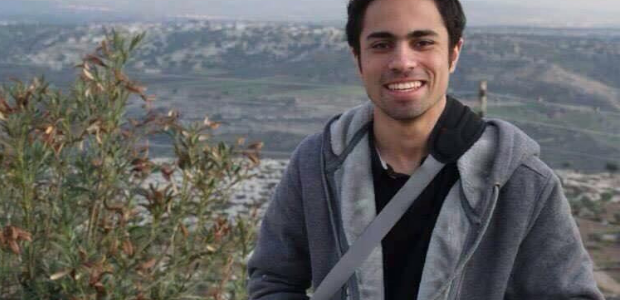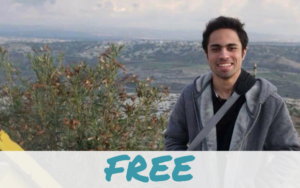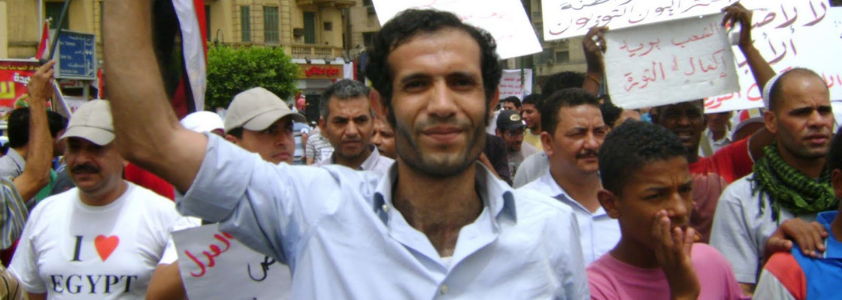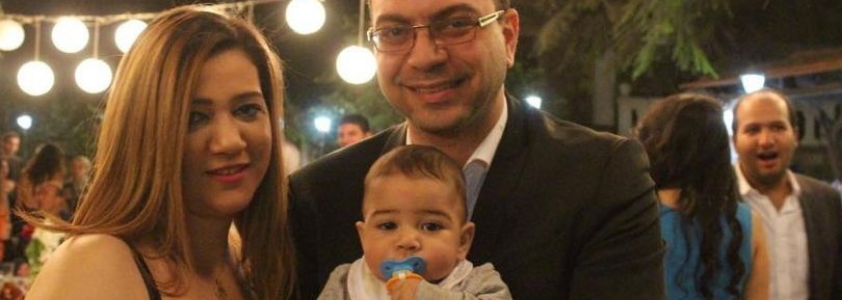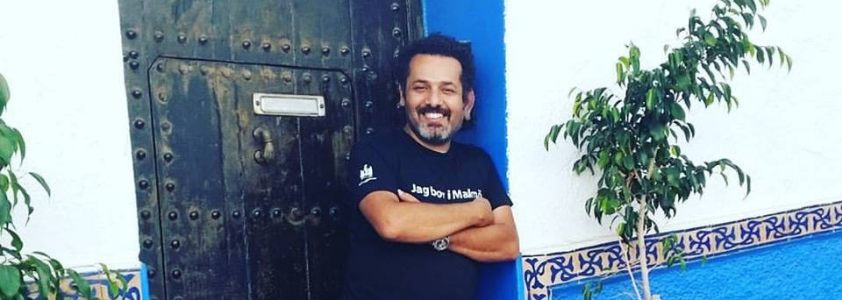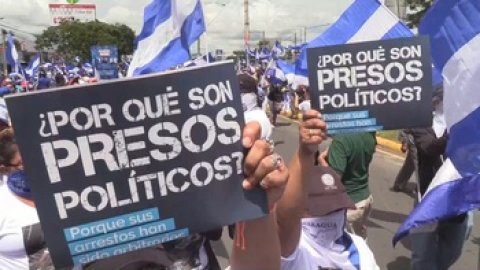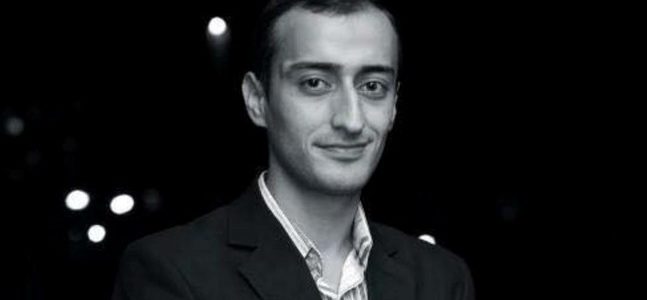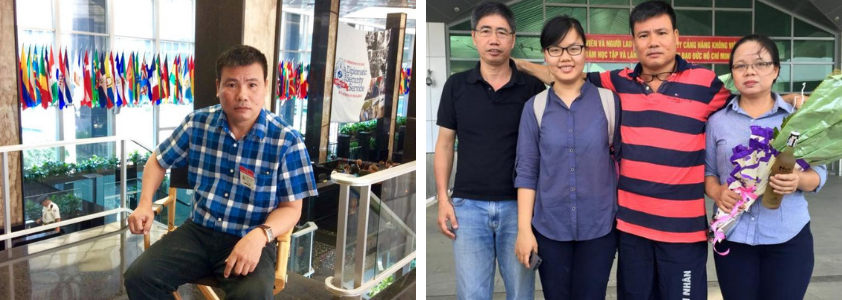
Left: ©Private / Right: ©Private
Truong Duy Nhat is a Vietnamese journalist who regularly contributes to Radio Free Asia and runs an independent blog Mot Goc Nhin Khac (Another Point of View). In January 2019, the journalist was kidnapped from Bangkok, Thailand, where he was seeking political asylum from the government of Vietnam. His whereabouts remained unknown for two months, until authorities announced that he was imprisoned in Hanoi’s T-16 jail on pending charges of “abuse of power.”
Nhat fled Vietnam in early January 2019 due to “reports that he was likely to be arrested and…a heightened police presence near his house.” On January 25, 2019, Nhat applied for asylum at the Bangkok office of the UN High Commissioner for Refugees. The next day, unidentified men reportedly seized him in a Bangkok shopping center. Thai authorities denied involvement and claimed that they had no records of Nhat entering the country.
In mid-March, authorities notified Nhat’s wife that he was being detained in Hanoi. According to prison records, he had been arrested and sent to T-16 prison on January 28, two days after his disappearance. At a press conference on March 25, 2019, authorities announced that Nhat was under investigation for “abuse of power.” They claimed he used business connections made during his tenure at the state-run newspaper Dai Doan Ket to illegally purchase property. However, many still believe his detention is politically motivated. Human rights organizations have called on authorities in both Vietnam and Thailand to investigate the circumstances surrounding his kidnapping.
Throughout his career as an independent journalist, Nhat has faced harassment and arbitrary detention. In 2013, authorities sentenced him to two years in prison for criticizing top government officials, citing that he was “abusing democratic freedoms.” The government has also targeted Nhat, alongside several other dissidents, by “remov[ing] personal computers, cell phones, and other material from their respective homes and/or offices.”

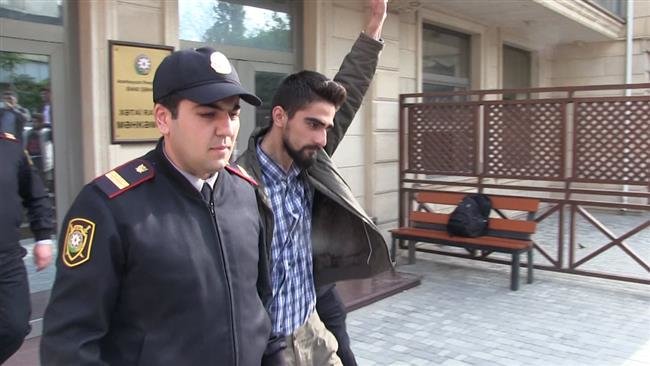
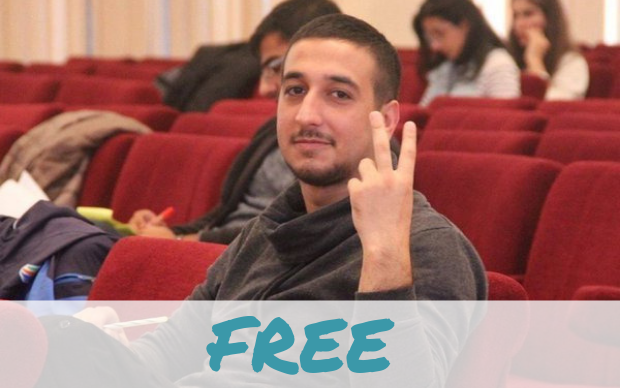
 NICARAGUA // Detained December 22, 2018
NICARAGUA // Detained December 22, 2018 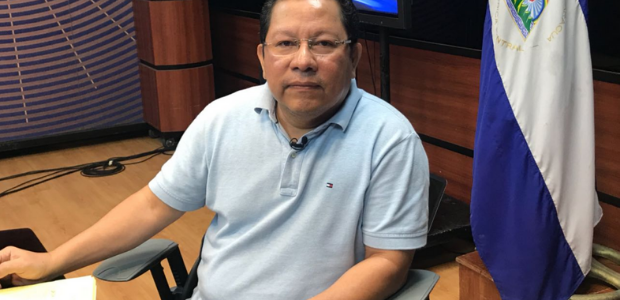
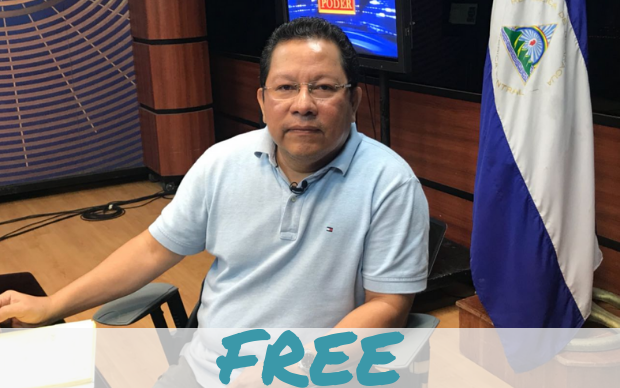 NICARAGUA // Detained December 22, 2019
NICARAGUA // Detained December 22, 2019 